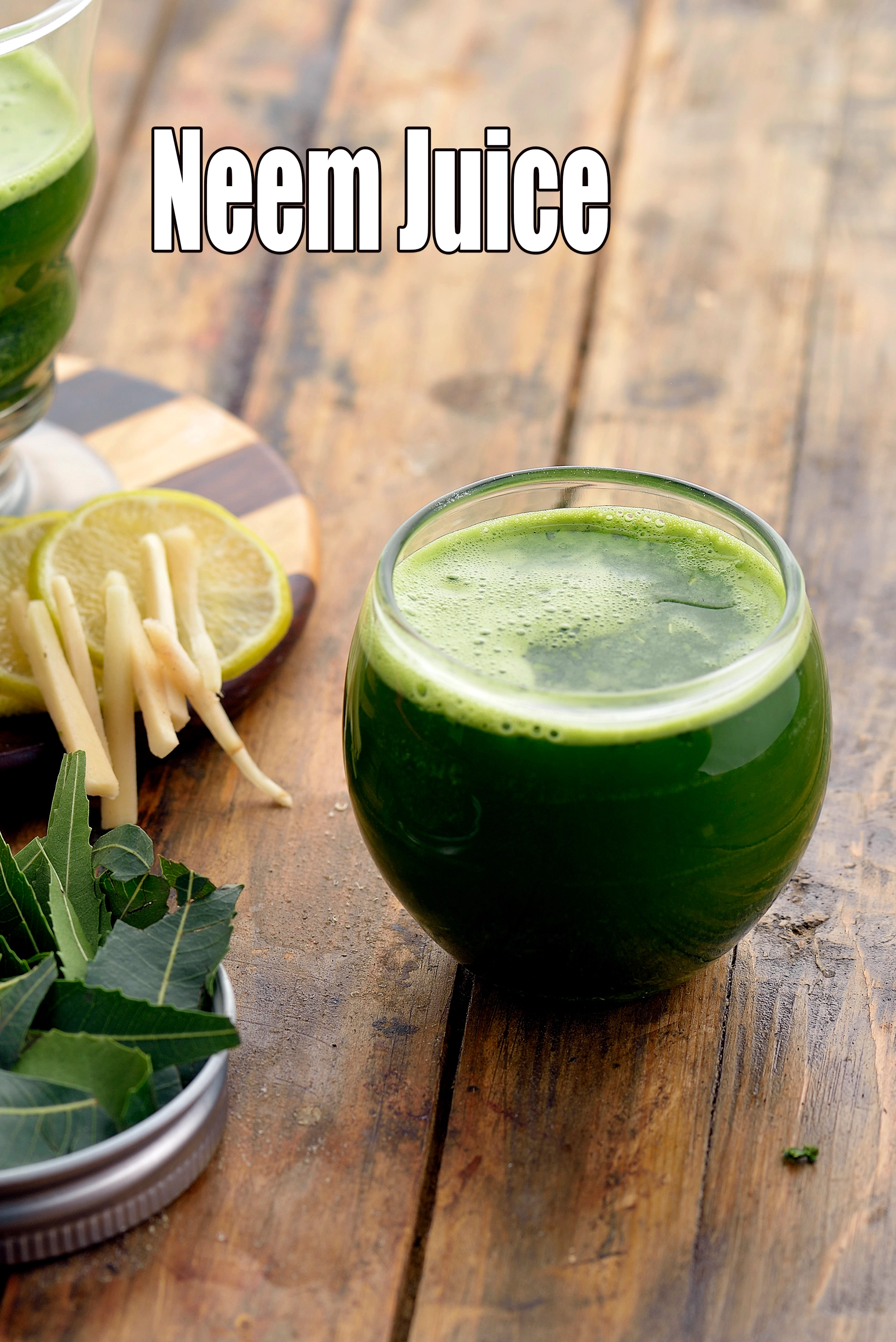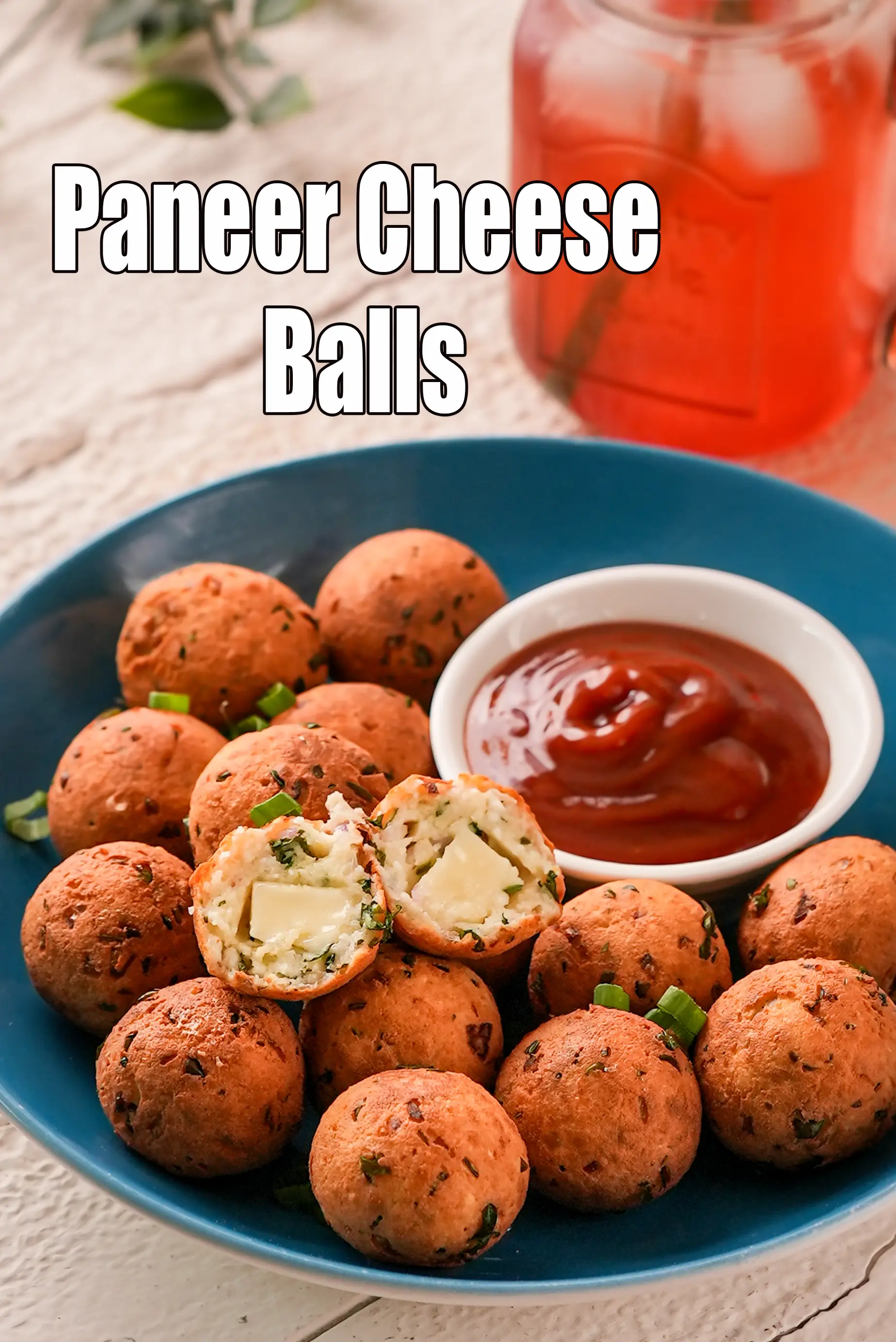Nutritional Facts of Paneer in Mughlai White Gravy, Nawabi Paneer Curry, Calories in Paneer in Mughlai White Gravy, Nawabi Paneer Curry
This calorie page has been viewed 9119 times

Table of Content
How many calories does one serving of Paneer in White Gravy have?
One serving of Paneer in White Gravy (130 grams) gives 259 calories. Out of which carbohydrates comprise 40 calories, proteins account for 32 calories and remaining calories come from fat which is 182 calories. One serving of Paneer in White Gravy provides about 13 percent of the total daily calorie requirement of a standard adult diet of 2,000 calories.
Paneer in White Gravy recipe serves 5, 130 grams per serving.
Calories of Paneer in White Gravy, 259 calories for 1 serving of Paneer in White Gravy, Cholesterol 4.8 mg, Carbohydrates 10.1g, Protein 7.9g, Fat 20.7g. Find how much fibre, iron, calcium, zinc, magnesium, phosphorus, sodium, potassium, folic acid is present in Paneer in White Gravy.
See Paneer in White Gravy recipe. Deliciously soft paneer in a rich and luscious gravy, which is sure to make your main course very, very special. The gravy features a rich onion-cashew paste, perked up with a special powder and whole spices.
The red chillies and coriander seeds are powdered coarsely using a mortar-pestle, which is very important to give this dish its special aroma and unique mouth-feel, so do not grind them finely. To enjoy the maximum aroma and flavour, serve the Paneer in White Gravy hot and fresh with Parathas and Aachar .
Is Paneer in White Gravy healthy?
Yes, this paneer subzi is healthy, suggested to have it in very little quantity and cut the fat levels in the recipe. . But restricted to some.
Let's understand the ingredients of Paneer in White Gravy.
What's good in Paneer in White Gravy.
Paneer : Paneer contains high quality protein and calcium which aids in weight loss. Since paneer is low in carbs and high in protein it gets digested slowly and hence good for diabetes. Potassium in paneer helps to reduce the effect of high sodium, by lowering blood pressure and contraction of blood vessels, resulting in improved heart health and reduced risk of heart attack. Great for weight loss and read the interesting article on is paneer good for you?
Dry Kashmiri Red Chillies : are specially bred for their vibrant red and moderate spiciness. Available in a wide range of colour values, the best varieties are bright red and valued for their high colour retention. They give a glowing red colour to dishes without imparting too much heat and make the dish more appealing and palatable.
Coriander (kothmir, dhania) : Coriander is a fresh herb often used as a flavour enhancer in Indian cooking. It is mainly used as a garnish. This is the best way to use it - no cooking. This preserves its vitamin C content which helps to build our immunity and bring that sparkle to the skin. The antioxidants vitamin A, vitamin C and the quercetin present in coriander works towards strengthening our immune system. Coriander is a fairly good source of iron and folate – the 2 nutrient which help in the production and maintenance of red blood cells in our blood. Good for reducing cholesterol and good for diabetics. Read 9 benefits of coriander to understand details.
Onions (pyaz, kanda) : Raw onions are a very valuable source of vitamin C – the immune building vitamin. Along with other phytonutrients from onions, it helps to build WBC (white blood cells) which serves as a line of defence against illness. Yes, it’s a source of many antioxidants, the most important one amongst them being Quercetin. The quercetin in Onions promotes production of HDL (good cholesterol) and lowers total cholesterol in the body. The sulphur in onions act as a blood thinner and prevents blood clotting too. This in turn would lower blood pressure and good for heart, diabetics. Read the benefits of onions.
Cashew Nuts (kaju) : In general, walnuts, cashew nuts, peanuts, almonds, pistachios and pinenuts are a healthy snack to carry keep with you as they are rich in monounsaturated fats and polyunsaturated fats and good for heart. They are a healthy snack for Diabetics. Dietary intakes of cashew and other foods rich in magnesium helps to regulate blood pressure. See 9 amazing benefits of cashew nuts for complete details.
Ghee : Other than calories and fats, the only nutrients that ghee is rich in are the vitamins – all of which are fat-soluble. All the 3 vitamins (Vitamin A, Vitamin E and Vitamin K) are antioxidants which have a role in removing free radicals from the body and protecting our cell as well as help in maintaining skin health and glow. Ghee is an excellent, high-quality selection medium of cooking because of its high smoke point. As compared to most oils and butter, ghee can handle a smoke point of 230°C, 450°F, thus its less prone to oxidant and destruction of nutrients. Yes, ghee does contain cholesterol, but some amount of cholesterol is needed by the body. Cholesterol has some functions to play too. It is necessary for hormone production, brain function, cell health and lubricating the joints. It is, in reality, a high quality fat for the body and brain. Ghee is loaded with fats but that’s medium chain fatty acids (MCT) which aid in weight loss. Ghee is healthy for daibetics in small amounts. Learn to easily make your ghee at home which is free of preservatives. See benefits of ghee.
Benefits of Cardamom, Elaichi : Cardamom has essential oil which is known to be effective is killing bacteria. This antimicrobial power of cardamom helps in relieving some stomach poblems like stomachache, cramps, flatulence etc. The sweet yet strong aroma of cardamom makes it perfect to control Halitosis (bad breath). The mineral manganese in cardamom may help in the lower blood sugar levels and good for diabetics. See detailed benefits of cardamom.
Cloves : Cloves are the immature unopened flower buds of a tropical tree. The four-pointed flower bud with a tapered stem measures 12-16 mm, and looks like a small nail. Indians have long used cloves to treat indigestion, diarrhoea, hernia, and ringworm, as well as athlete's foot and other fungal infections. India's traditional Ayurvedic healers have used cloves since ancient times to treat respiratory and digestive ailments and its oil for toothache. It has powerful antiseptic and mild anaesthetic actions. When boiled with water and gargled, cloves are a good antibacterial mouthwash, which can help to combat bad breath and relieve a sore throat. Cloves are said to restore the appetite, and hence recommended for people with digestive disorders. Cloves are effective at clearing up a number of skin disorders such as acne, sores or ulcers. It has antioxidant properties, owing to the compound eugenol in it. Eating cloves is said to be aphrodisiac.
Benefits of Cinnamon, dalchini, cinnamon powder : Cinnamon with its antioxidant power has the ability to reduce inflammation in the body and thus reduce the risk of various chronic diseases like heart disease, diabetes, cancer etc. Cinnamon since ages has been known to be beneficial for diabetics. Diabetes is a disease which occurs due to insulin resistance. Intake of cinnamon is said to reduce this resistance and instead improve insulin sensitivity in cells thereby helping to maintain normal blood sugar levels. cinnamon helps to reduce the blood cholesterol and triglyceride levels and thus prevents clot formation. See detailed benefits of cinnamon.
Benefits of Bayleaf (Tejpatta) : The properties of bayleaves make it useful for treating high blood sugar, migraine headaches, bacterial and fungal infections, and gastric ulcers. Bay leaves and berries have been used for their astringent, carminative, diaphoretic, digestive, diuretic, emetic and stomachic properties. Bayleaf contains eugenol, which has anti-inflammatory and antioxidant properties. Bay leaf is also antifungal and antibacterial. Traditionally, it has been used to treat rheumatism, amenorrhea, and colic pains.
Garlic : Garlic has been proven to lower cholesterol. The active ingredient allicin present in garlic aids in lowering blood pressure. Garlic is also alleged to help regulate blood glucose levels for diabetics. Garlic is great for the heart and circulatory system. Garlic has an antimicrobial, antiviral and antifungal function and can help in relieving common cold and other viral infections. To boost your immune system have a garlic clove a day. Garlic is a top anti viral food. The thiosulphate compound, Allicin found in garlic acts as a strong antioxidant and protects our body from damage of free radicals. Read here for complete benefits of garlic.
Green Chillies : Antioxidant vitamin C in green chillies protects the body from effects of harmful free radicals and prevents stress. It is probably the high fiber which helps in controlling blood sugar levels. This it is a welcome addition to a diabetic diet. Suffering from anaemia? Add green chillies to your list of iron r
| Value per serving | % Daily Values | |
|---|---|---|
| Energy | 167 cal | 8% |
| Protein | 5.8 g | 11% |
| Carbohydrates | 7.5 g | 2% |
| Fiber | 0.2 g | 1% |
| Fat | 12 g | 18% |
| Cholesterol | 4.8 mg | 1% |
| VITAMINS | ||
| Vitamin A | 260.9 mcg | 5% |
| Vitamin B1 (Thiamine) | 0.1 mg | 10% |
| Vitamin B2 (Riboflavin) | 0 mg | 0% |
| Vitamin B3 (Niacin) | 0.2 mg | 2% |
| Vitamin C | 5.7 mg | 14% |
| Vitamin E | 0 mg | 0% |
| Folic Acid (Vitamin B9) | 5.2 mcg | 3% |
| MINERALS | ||
| Calcium | 216.6 mg | 36% |
| Iron | 0.3 mg | 1% |
| Magnesium | 15.8 mg | 5% |
| Phosphorus | 140 mg | 23% |
| Sodium | 7.6 mg | 0% |
| Potassium | 73.5 mg | 2% |
| Zinc | 0.2 mg | 2% |
Percent Daily Values are based on a 2000 calorie diet. Your daily values may be higher or lower depending on your calorie needs.

Click here to view Paneer in Mughlai White Gravy, Nawabi Paneer Curry
Calories in other related recipes






-10876.webp)







